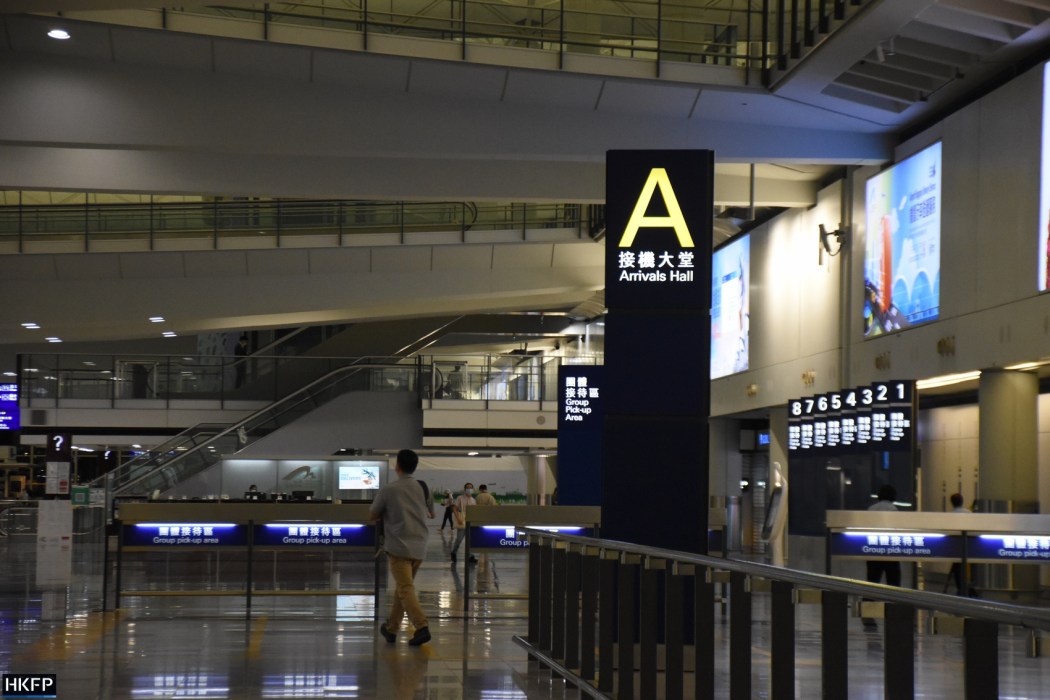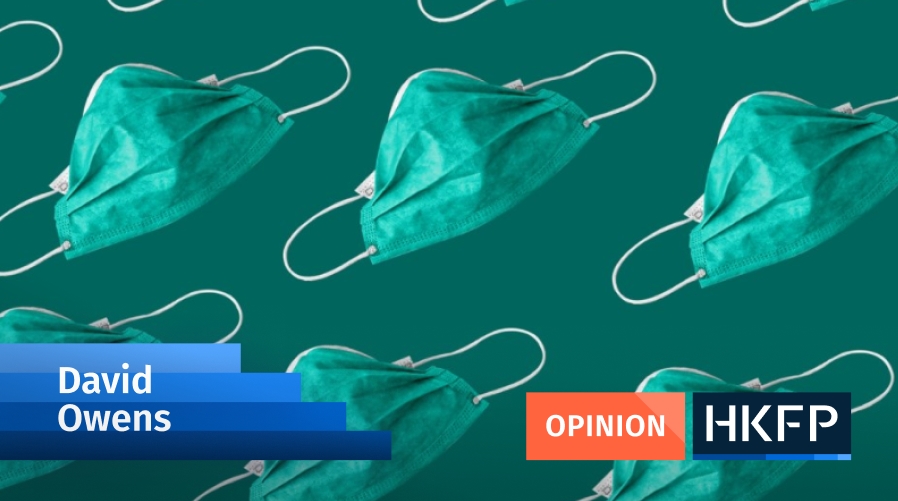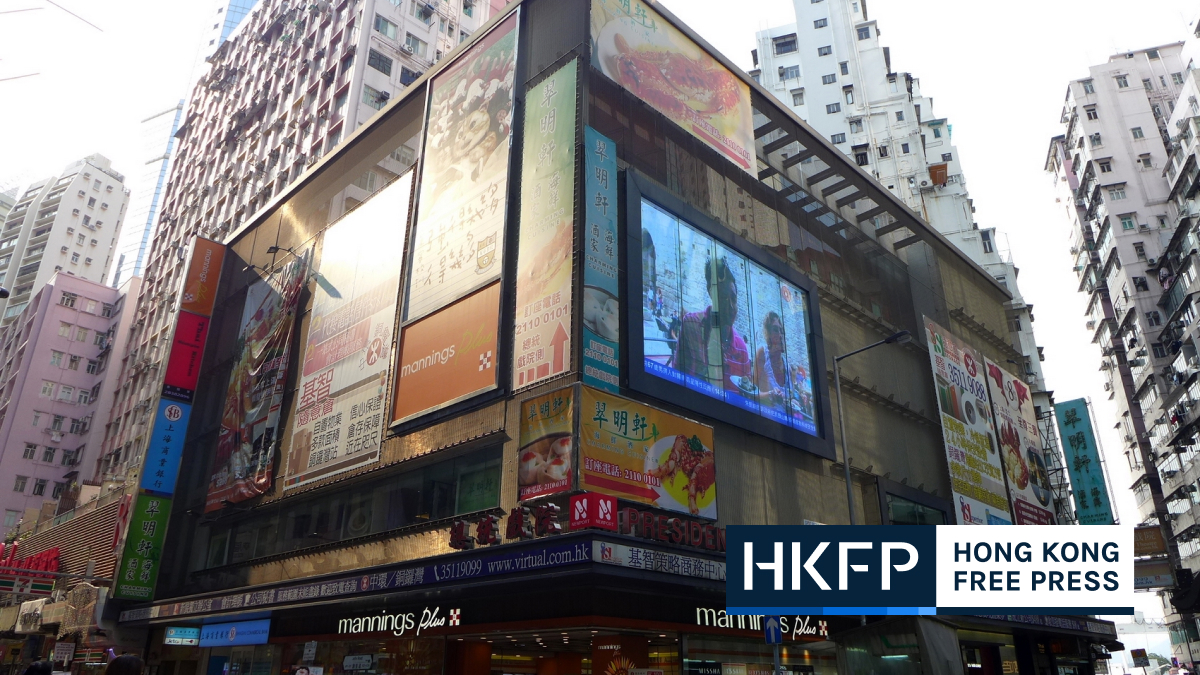Hong Kong will no longer allow incoming travellers who test positive for Covid-19 antibodies to undergo a shorter compulsory quarantine, Chief Executive Carrie Lam said on Tuesday.
Following the advice of a scientific committee under the Centre for Health Protection (CHP), fully vaccinated travellers entering Hong Kong from “medium-risk” and “low-risk” areas who test positive for antibodies will have to undergo at least 14 days of quarantine, said Lam.

“The experts have been asked to have a meeting last night and they, sort of, advised us that with the prevalence of Delta in many places, it is better to err on the side of caution,” said Lam, in reference to the contagious variant of the coronavirus. It is unclear when the rule will change.
The latest government decision came after a fully vaccinated 38-year-old woman travelling from the US tested positive for Covid-19 last Saturday. She had previously tested positive for antibodies, and was quarantined for only seven days as per government regulations at the time.
Leading microbiologist Yuen Kwok-yung visited the Dorsett Wan Chai on Tuesday – the quarantine hotel that the woman was staying in – and said that he suspected the woman was infected by the couple staying in the room opposite.
Hong Kong reported three new Covid-19 infections on Tuesday, including one locally-transmitted case with unknown origins.
A 47-year-old woman who works at a VIP lounge at Hong Kong International Airport tested positive with the Delta strain.
The government imposed a lockdown at her residence, Mei Yat House in Tung Chung, on Monday evening. The restriction was lifted on Tuesday morning after 1,614 people were tested and no cases were found.

The woman last went to work on Saturday, and was responsible for welcoming transit passengers, including people delivering food.
Quarantine hotel shortage
The government also announced tightened quarantine requirements for 16 countries on Monday, 15 of which – including the US and Spain – will be listed as “high-risk” from Friday, meaning that only fully vaccinated Hong Kong residents will be allowed entry.
Following the government announcement, many planning to travel to the city were left scrambling to secure a room at one of the city’s designated quarantine hotels.
Southern District Councillor Paul Zimmerman told HKFP that several people had contacted him for help since Monday after the official announcement was made.
“They’re trying to get the hotel bookings… it seems that some of the hotels are so busy with their reservations that they even can’t get through,” said Zimmerman. “The problem is getting a hotel booking confirmed so that they can get on the flight.”

Under current restrictions, travellers have to present a confirmed quarantine hotel booking before they are allowed to board a flight to Hong Kong.
The district councillor also wrote a letter to the chief executive on Tuesday, demanding the government provide “an increase in quarantine hotels and/or opening up of the quarantine facility at Penny’s Bay for inbound travellers.”
“Residents returning from summer travel are caught out by the short notice. They are stranded overseas unable to secure the required booking confirmation of a quarantine hotel,” the letter read.
Hong Kong has recorded 12,040 infections and 212 deaths since the beginning of the pandemic over a year ago.
Support HKFP | Policies & Ethics | Error/typo? | Contact Us | Newsletter | Transparency & Annual Report | Apps
Help safeguard press freedom & keep HKFP free for all readers by supporting our team















